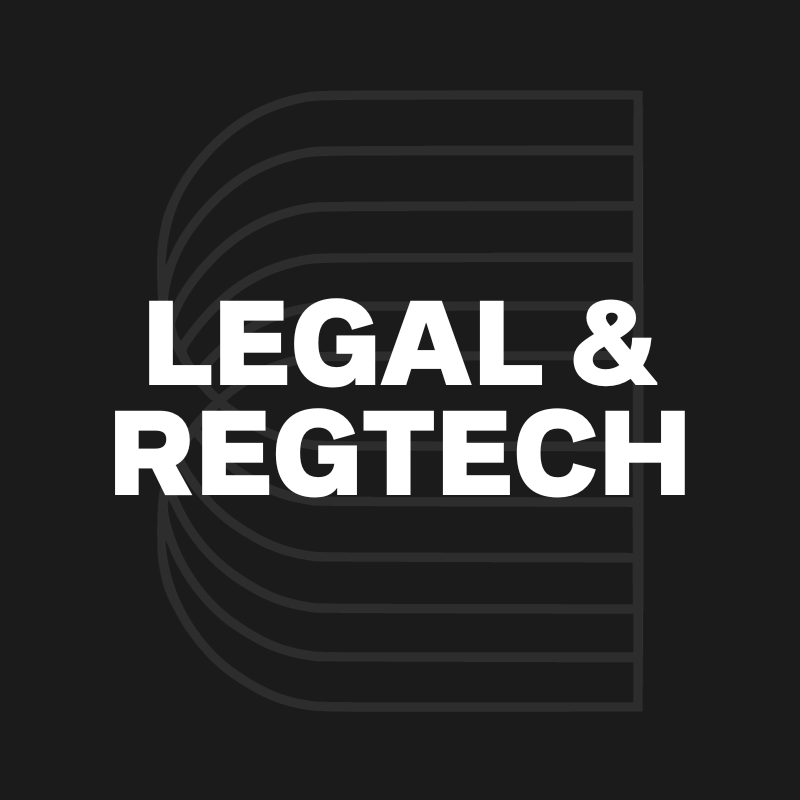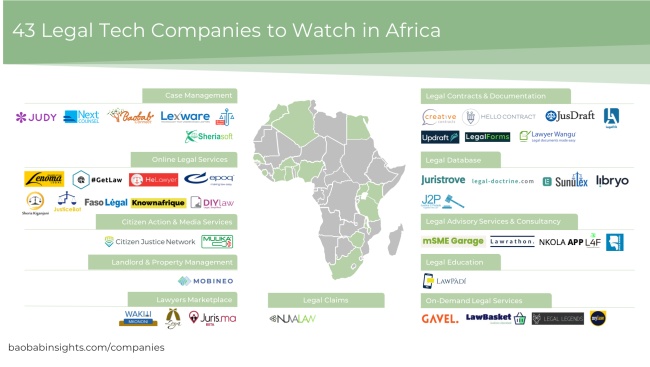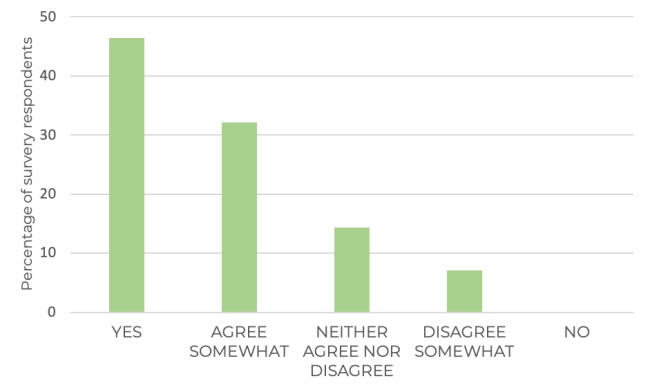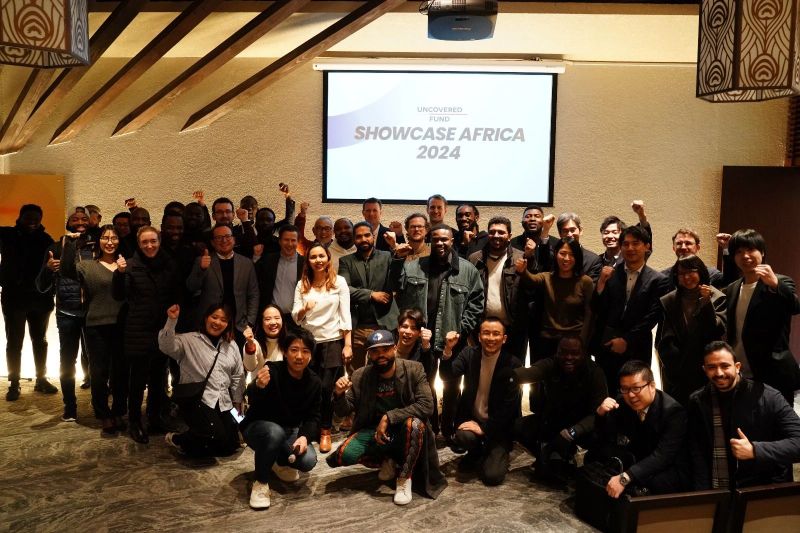LegalTech: Africa Market Map 2020
In a thought leadership piece published by the International Bar Association, Nankunda Katangaza, co-founder of Hook Tangaza, a legal research and advisory firm, observes that “the interface of law and technology and its impact on the delivery of legal services globally has grown imperceptibly yet consistently over the last decade.” Technology can help legal firms to both manage their business processes and deliver better value to their clients. The impact of coronavirus (COVID-19) pandemic on the legal profession has potentially hastened this adoption throughout 2020. So as firms across try to maintain the continuity of case-work, client meetings and document preparation, does this create a new opportunity for African Legal technology entrepreneurs?
The legal profession requires many hours of research, interpretation and document preparation. However, the scope of legal technology extends beyond preparing case work. Digital and mobile technology has the potential to enable both commercial and non-profit legal professionals a cost-effective route to reach wider audiences; removing some geographical boundaries and accelerating administrative procedures. For example, some of the approaches employed in the healthcare sector such as TeleHealth, offers a model that maintains client confidentiality while increasing accessibility and availability to the client. Legal tech has the potential to make legal information more readily available to the general public, increase the ease of interpretation and reduce the costs attributed to accessing legal support and counsel.
Research published in the ‘Tech for the Legal Sector in Africa 2020’ report by Brussels-based legal information provider Afriwise, found that “69.4% of law firms surveyed thought that their country’s legal sector needed transforming, and 77.5% believe that the COVID-19 pandemic will produce some form of change.” With an industry ready and receptive to change, our analysts took a closer look to see how Africa’s legal tech entrepreneurs have approached this challenge.





